Chess, known as the game of kings, has been celebrated for its mental challenges and strategic depth. While chess promotes critical thinking, improves problem-solving abilities, and develops memory, it's not without its potential drawbacks. Playing chess intensely or without balance can lead to several negative outcomes. This article explores some of the less-discussed downsides of playing chess, providing a rounded perspective on this highly intellectual game.
1. Excessive Mental Fatigue
One of the most significant challenges chess players often face is mental fatigue. Chess requires deep concentration and extensive use of intellectual resources. Prolonged periods of concentration without adequate breaks can lead to mental exhaustion. This exhaustion can impair decision-making processes and negatively impact a player's ability to perform both on and off the board.
2. Time Consumption
Chess can be highly time-consuming, especially at higher levels of play. Preparing for tournaments often involves hours of studying openings, reviewing past games, and playing practice matches. This immense time commitment can limit one's availability for other important activities, potentially leading to an imbalance between personal life, work, and leisure activities.
3. Social Isolation
While chess can be played socially, serious players often spend large amounts of time alone studying or practicing online. This can lead to a sense of isolation, especially among younger players who might spend more time with chessboards than with peers. Over time, this isolation can affect social skills and emotional development.
4. Stress and Anxiety
Competitive chess, much like any competitive sport, can induce significant stress and anxiety. The pressure to win and the fear of making mistakes can be overwhelming. Chronic stress can have various psychological effects, including anxiety, depression, and irritability, affecting a player’s overall mental health.
5. Obsessive Behaviors
The strategic complexity of chess can sometimes lead to obsessive thought patterns and behaviors. Players might find themselves constantly thinking about past games or potential strategies, which can be mentally exhausting and detract from the ability to focus on other important aspects of life.
6. Physical Health Neglect
Chess is a sedentary activity, often requiring players to sit for long periods during games and preparation. This can lead to a lack of physical exercise, contributing to various health issues such as obesity, cardiovascular diseases, and musculoskeletal problems. Furthermore, the intense focus and minimal physical movement during matches can lead to strain-related injuries, such as back pain and carpal tunnel syndrome.
7. Unrealistic Expectations
Success in chess can be difficult to achieve, given the highly competitive nature and the intellectual demands of the game. This can lead to unrealistic expectations and immense pressure, particularly on younger players pushed by parents or coaches. The focus on achievement can sometimes lead to discouragement and a decreased sense of self-worth when expectations are not met.
8. Limited Career Opportunities
Despite its intellectual benefits, chess does not necessarily translate into broad career opportunities. Professional chess playing is a niche field, and only a select few can make a substantial living from it. This can be particularly disheartening for players who invest significant amounts of time and effort with hopes of a career in chess.
In conclusion, while chess is undeniably beneficial in fostering intellectual abilities and providing a competitive outlet, it's important for players and coaches to recognize and address its potential downsides. Balance is key, as is ensuring that players maintain a healthy lifestyle and social interactions outside the chess world. Awareness of these pitfalls can help players enjoy chess as a constructive and enjoyable part of a well-rounded life.
Explore our large collection of luxurious chess sets!

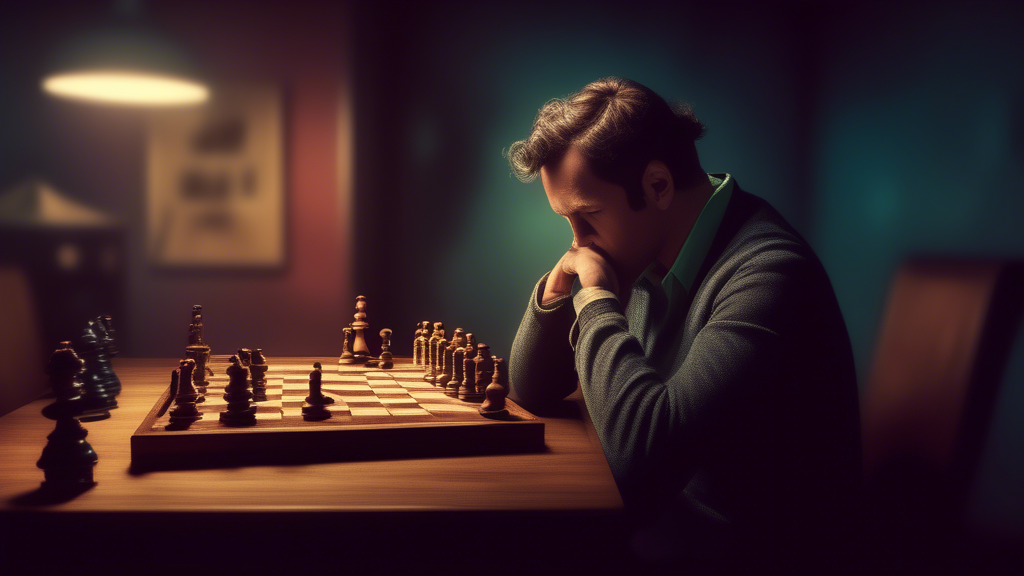


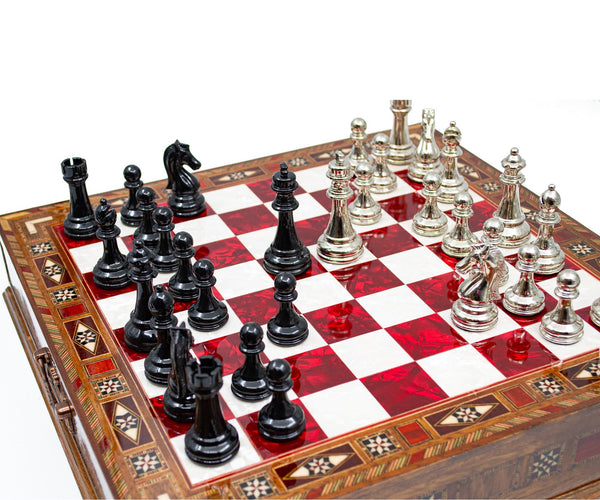
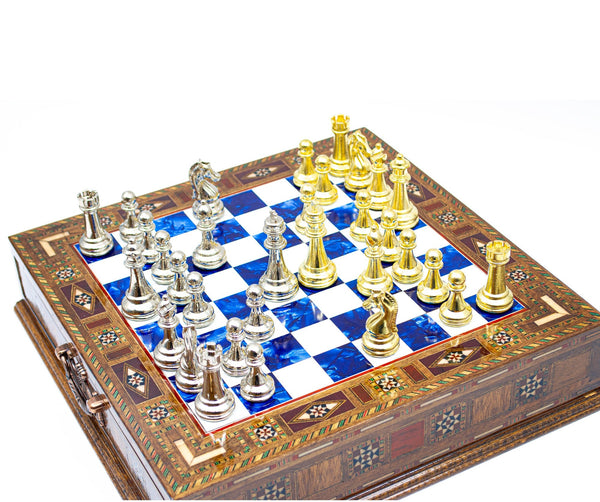

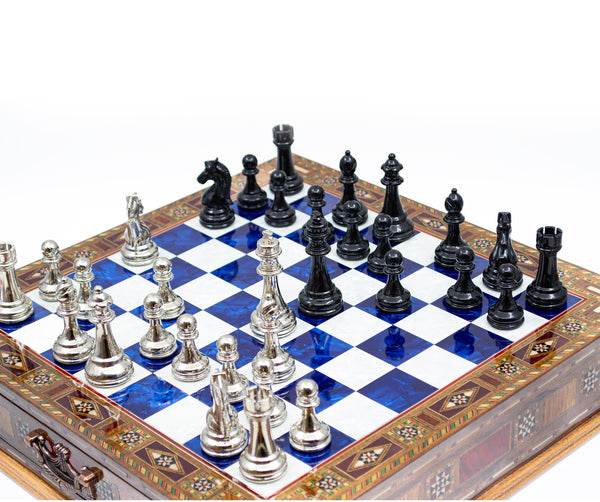
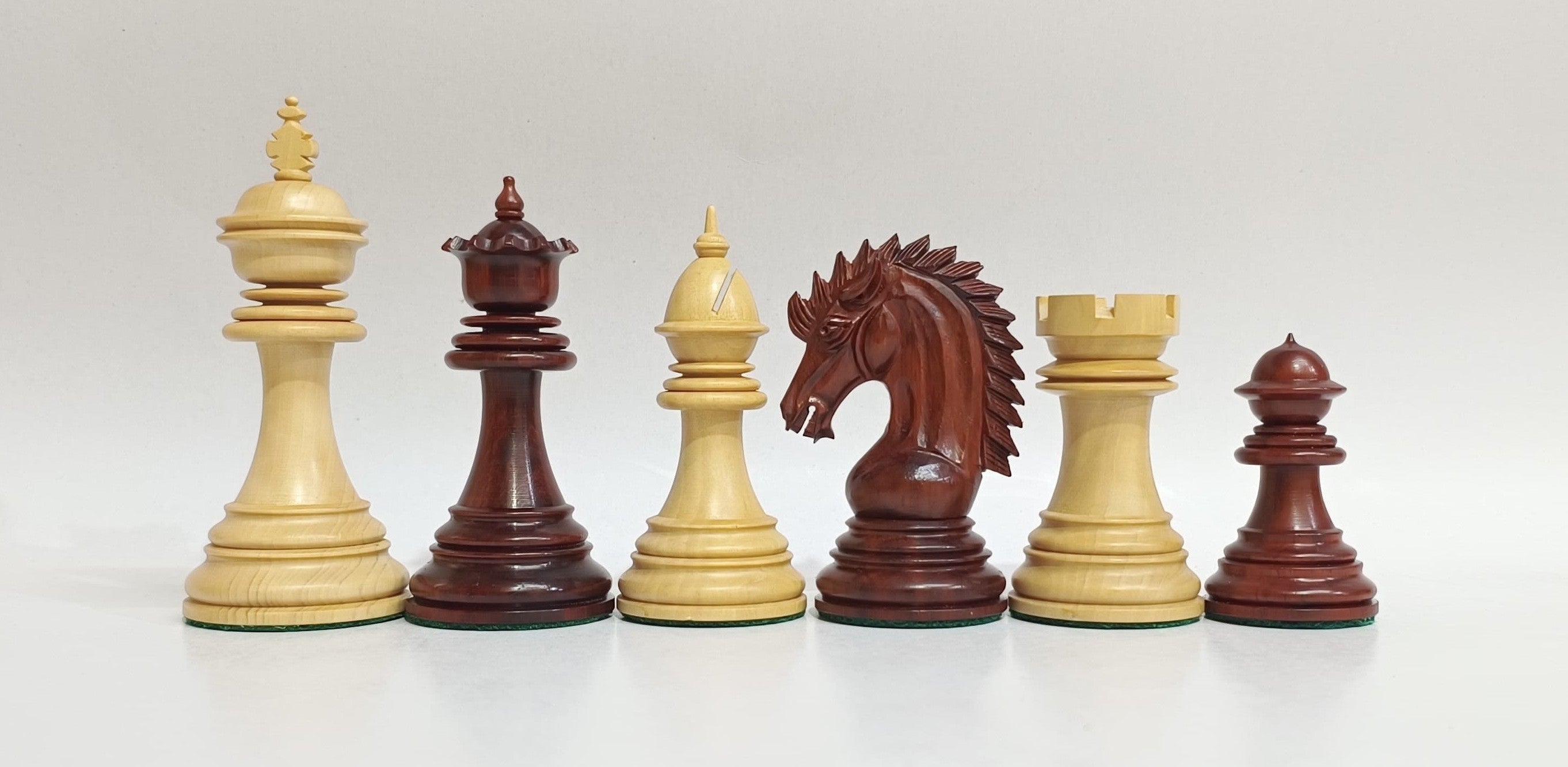
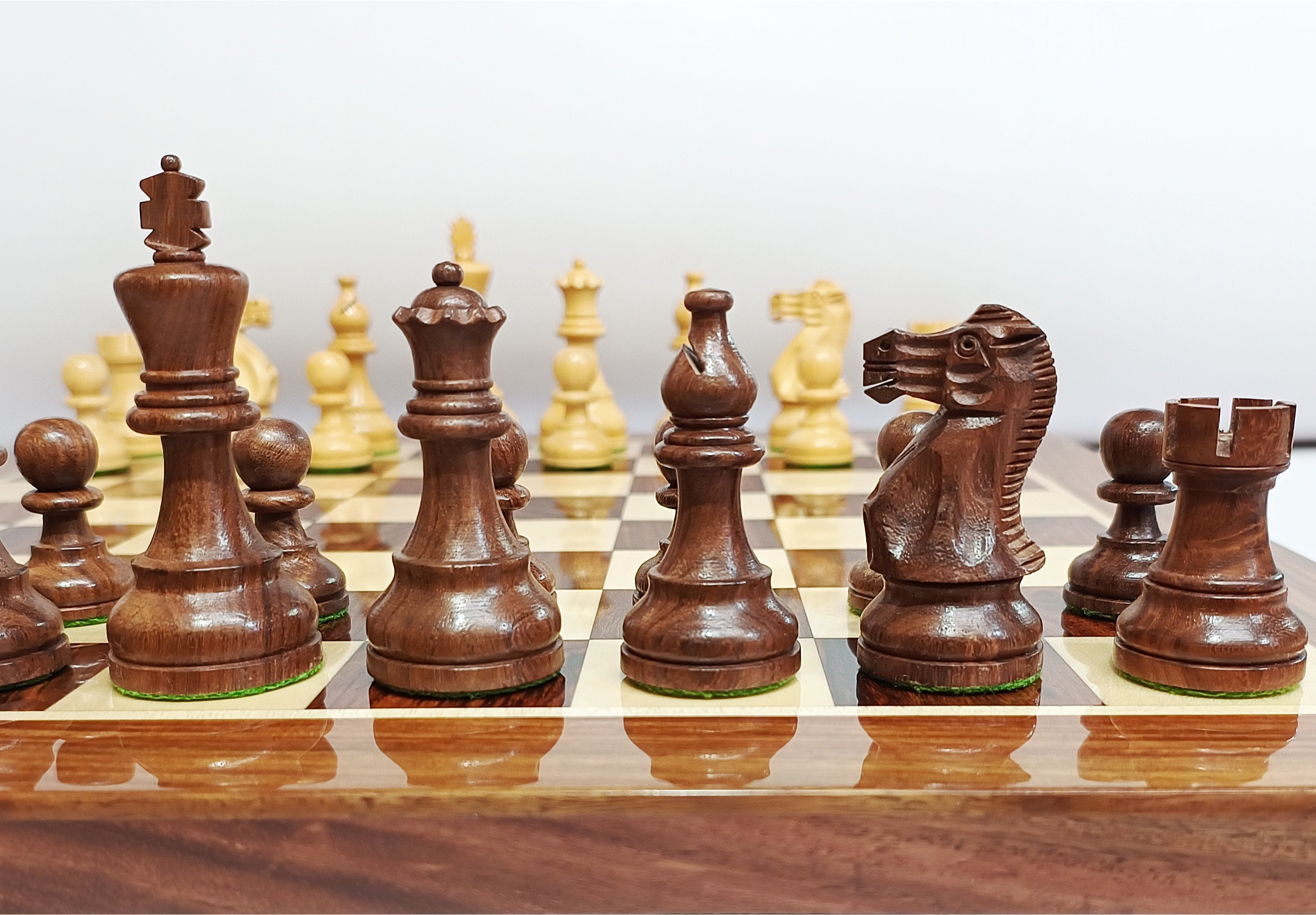


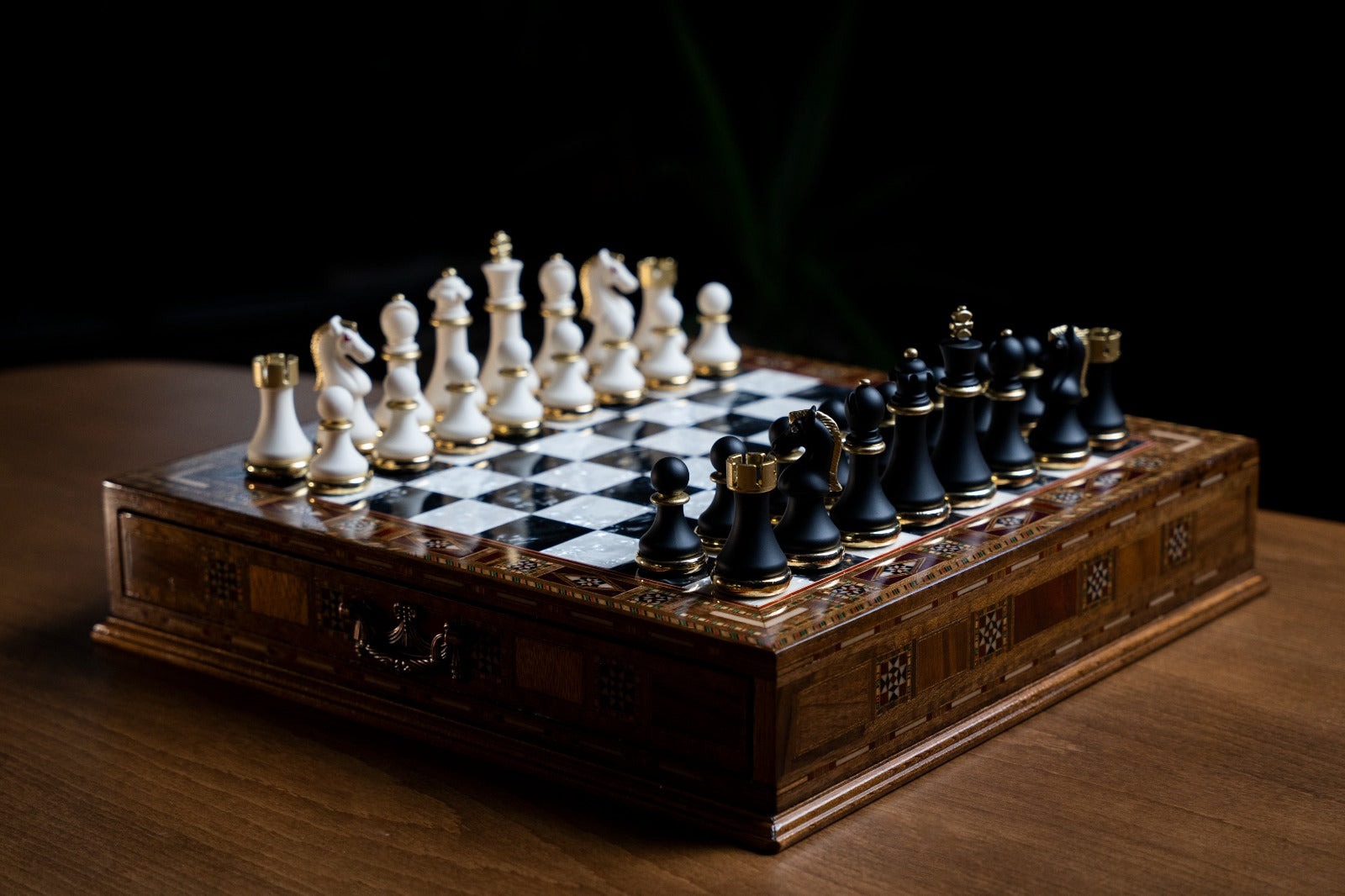







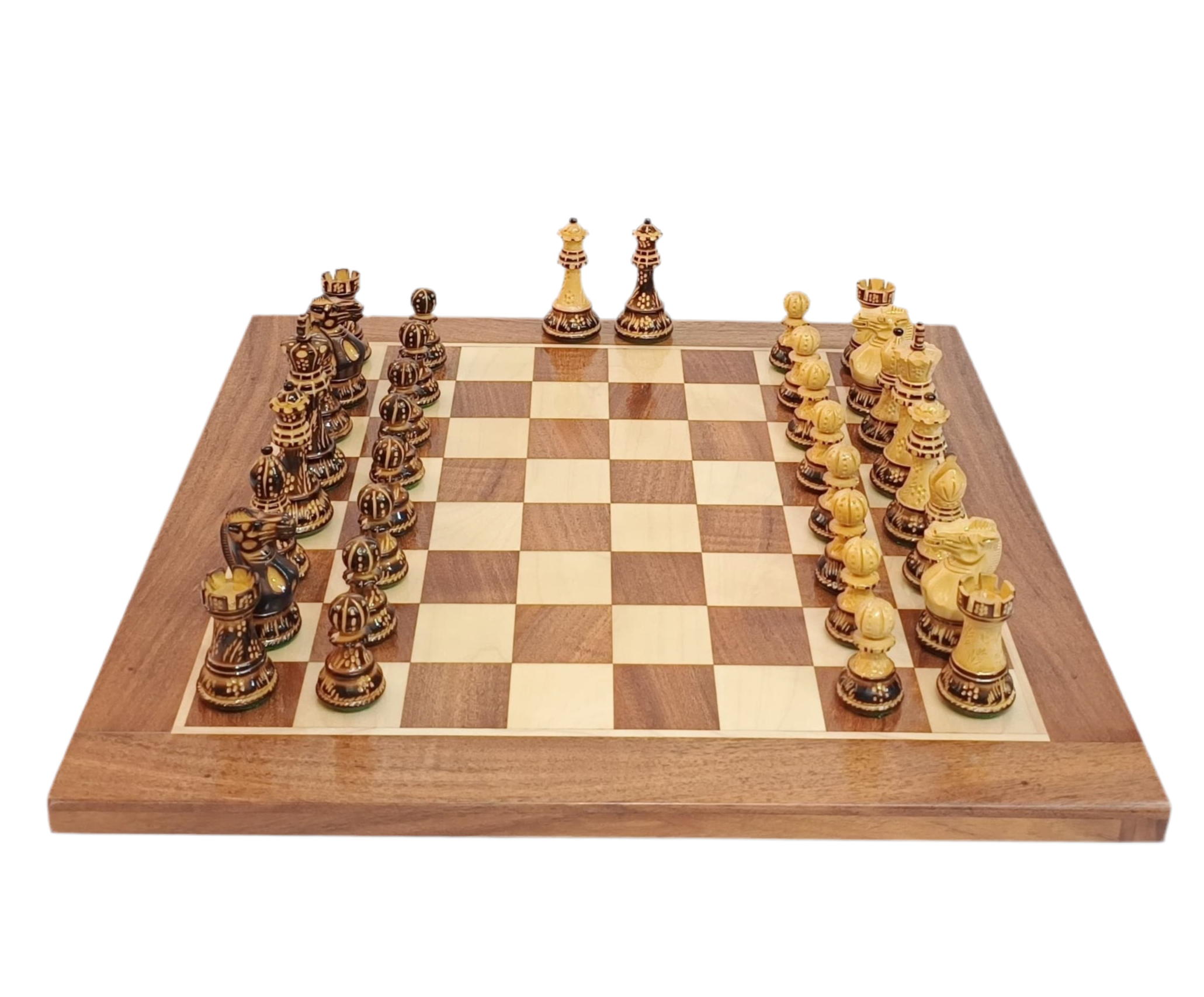
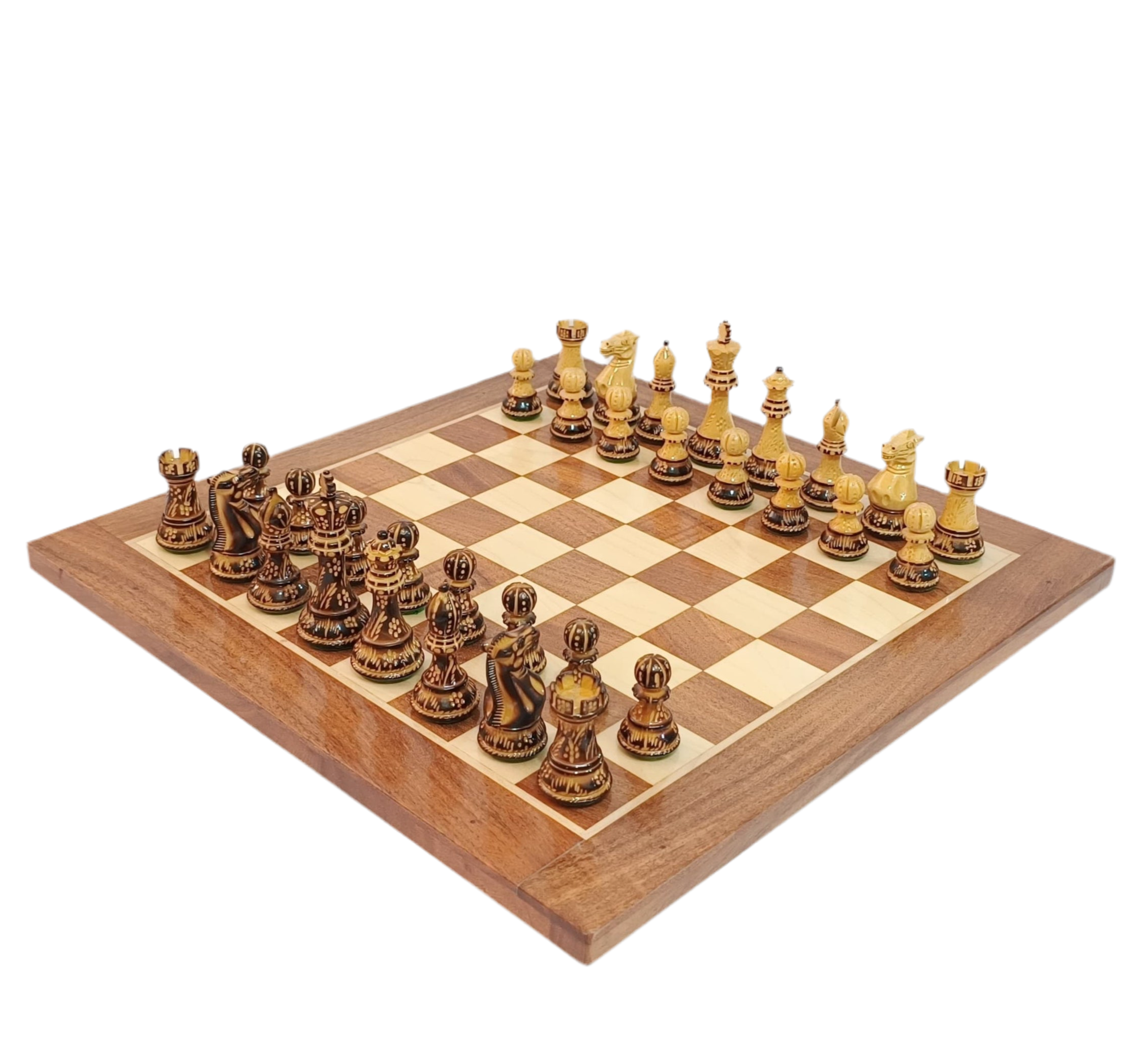




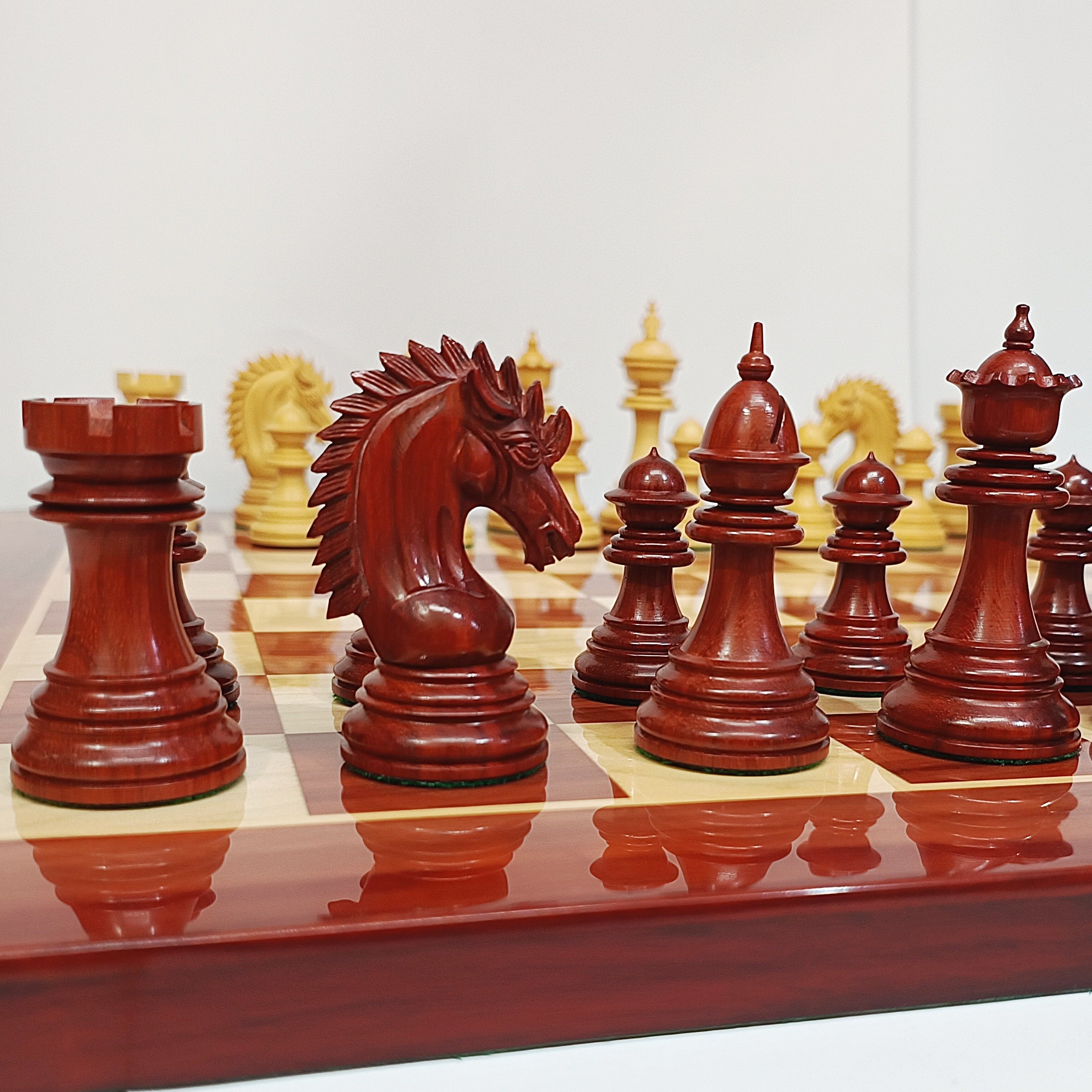
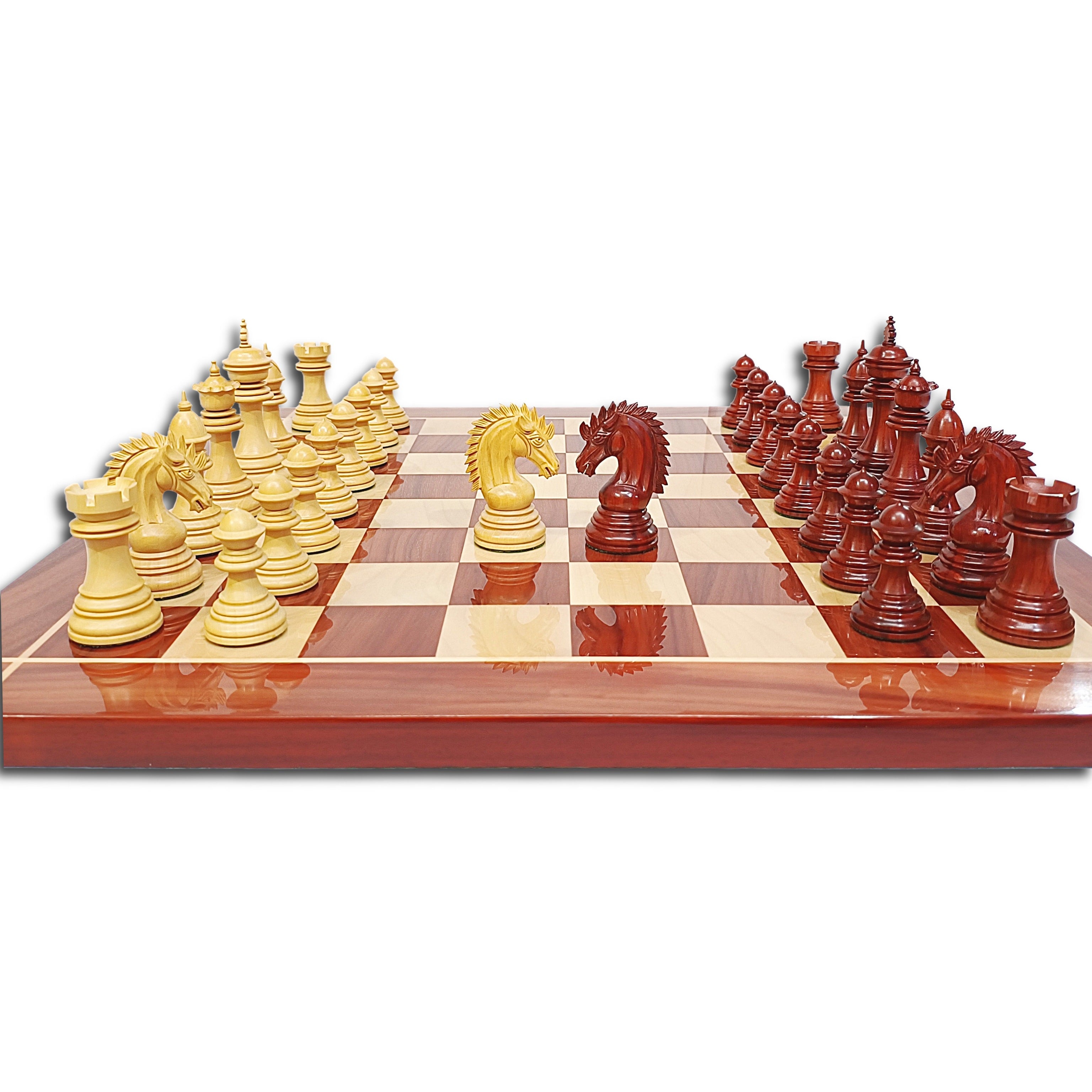
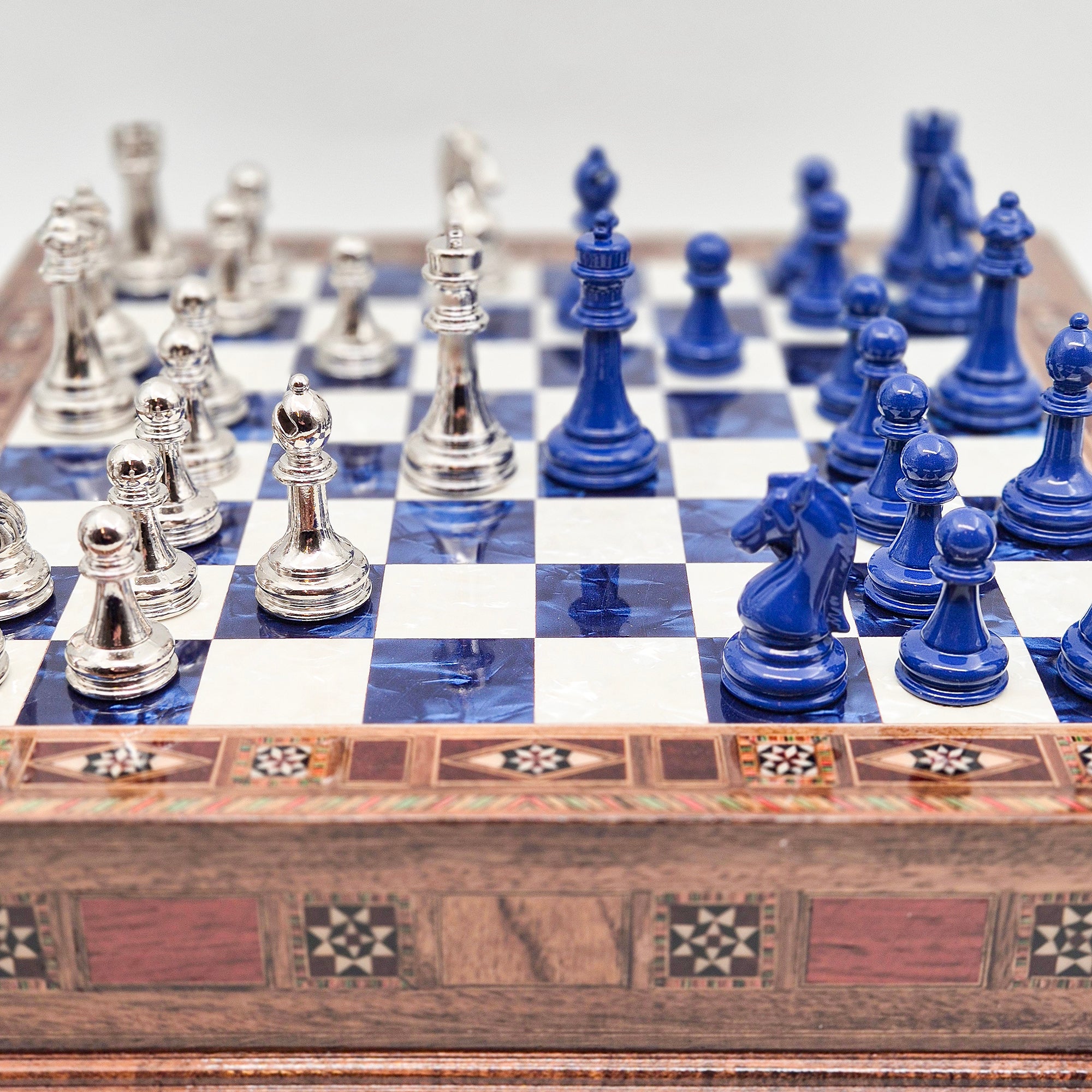
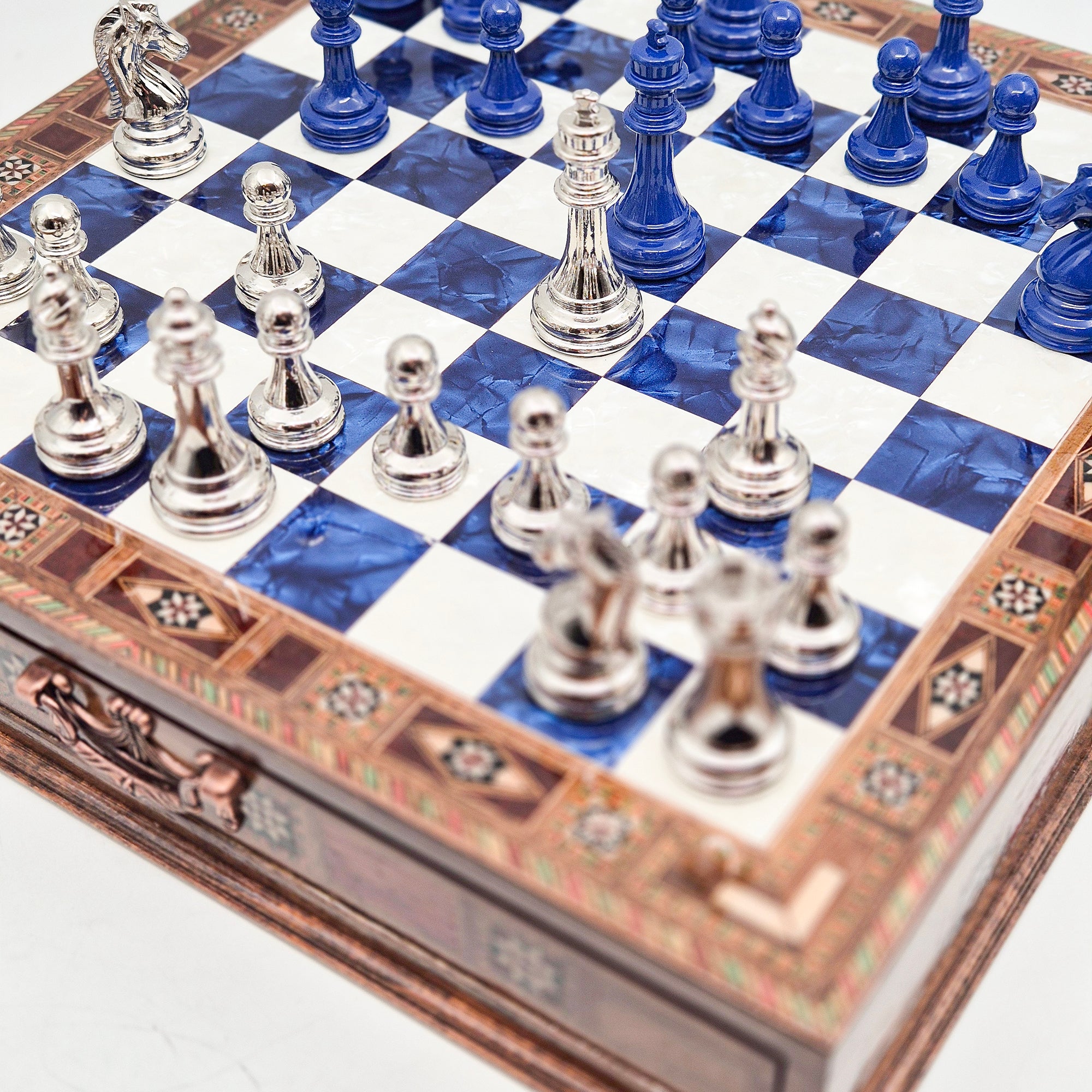

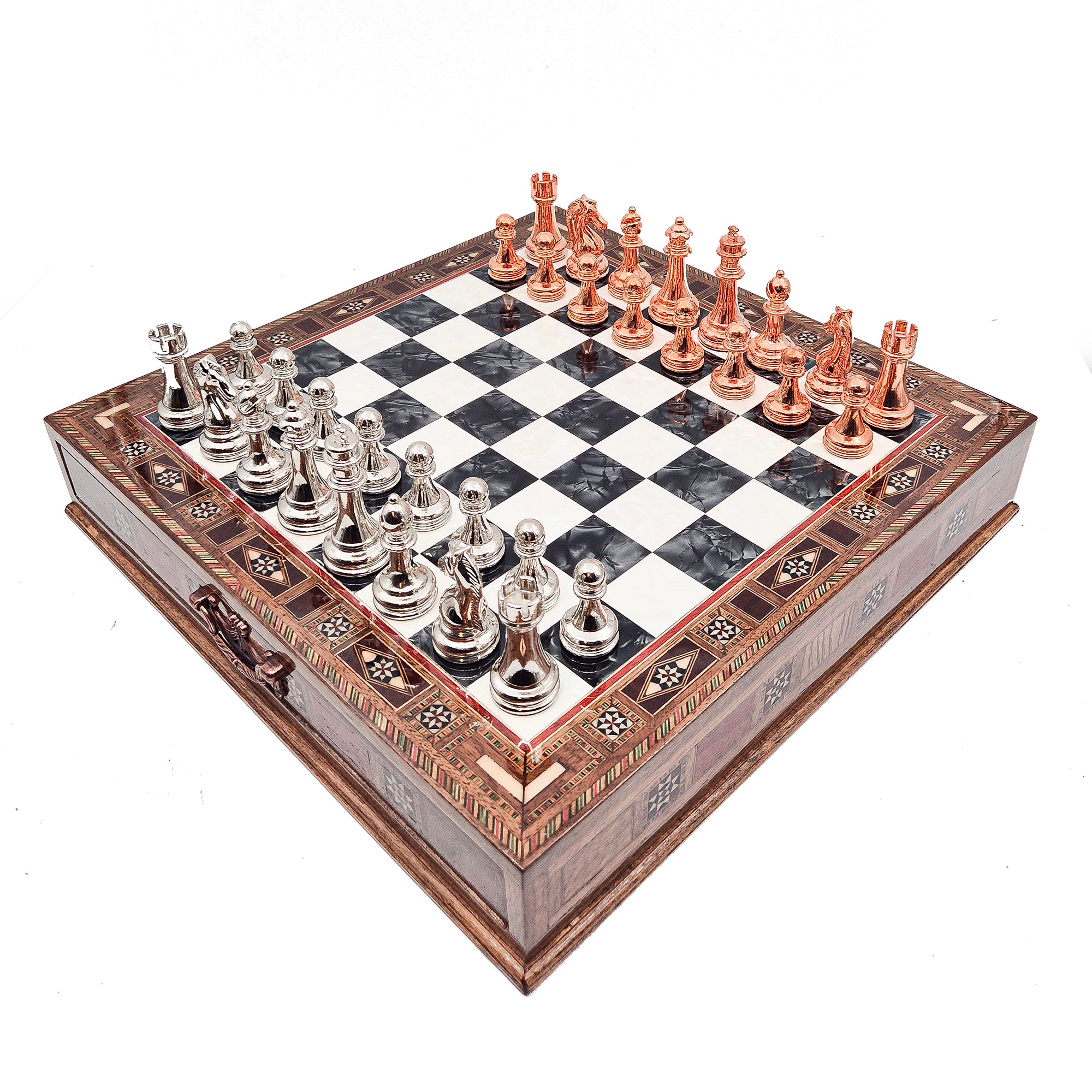

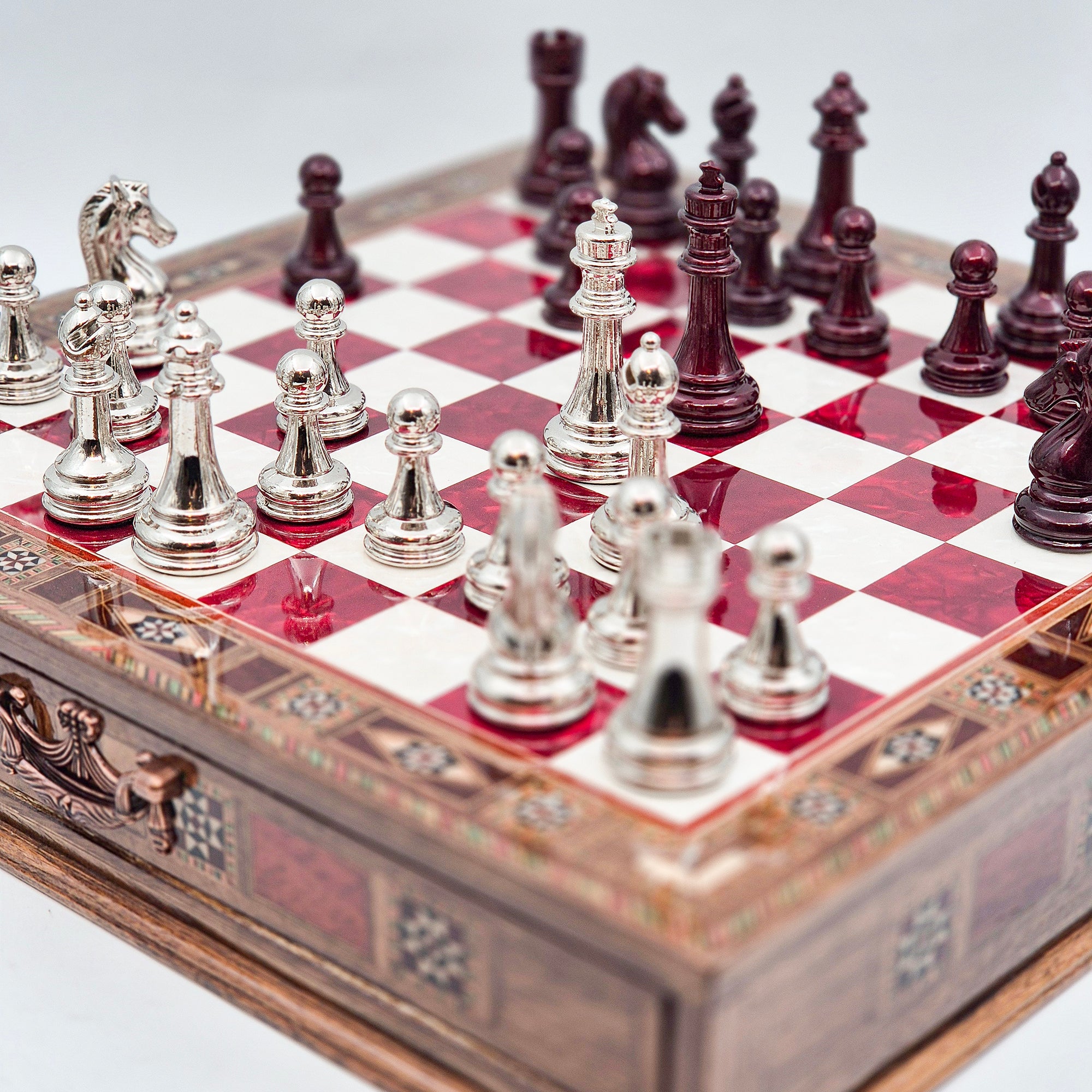
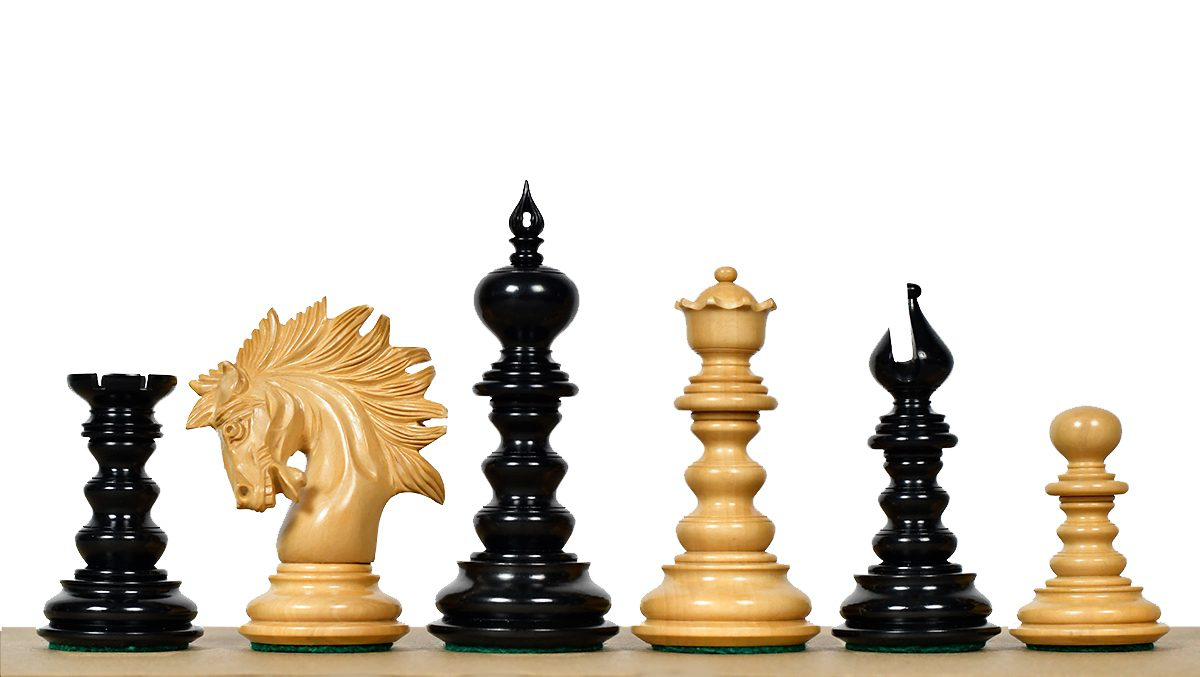
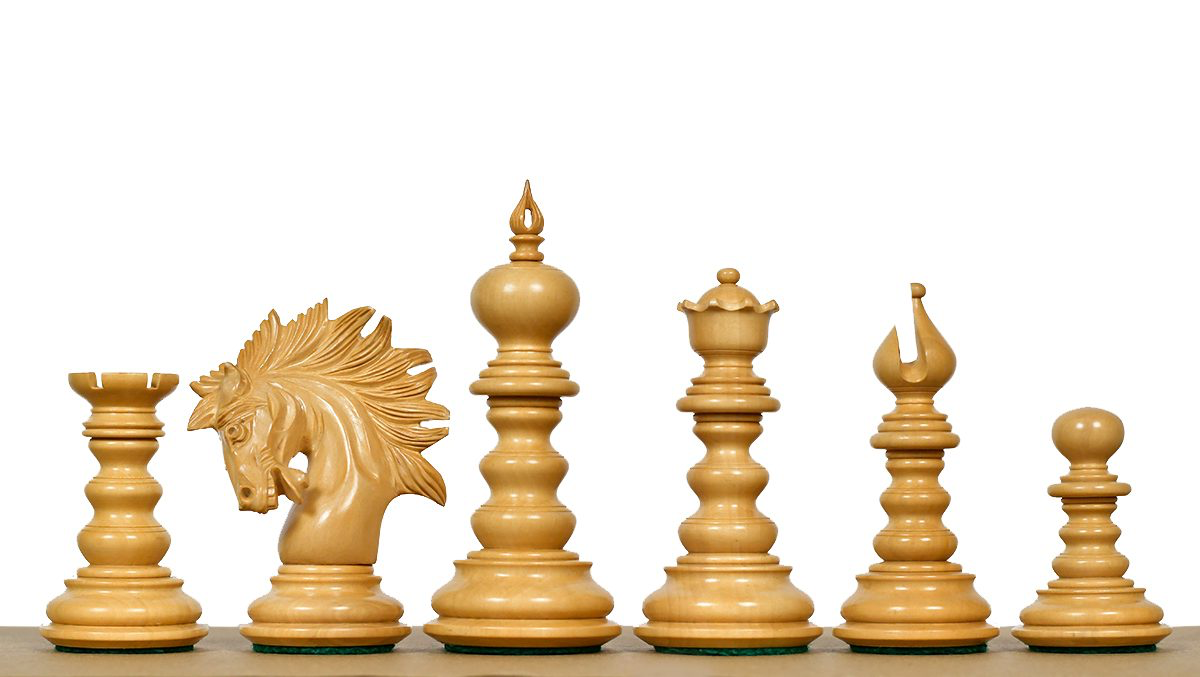


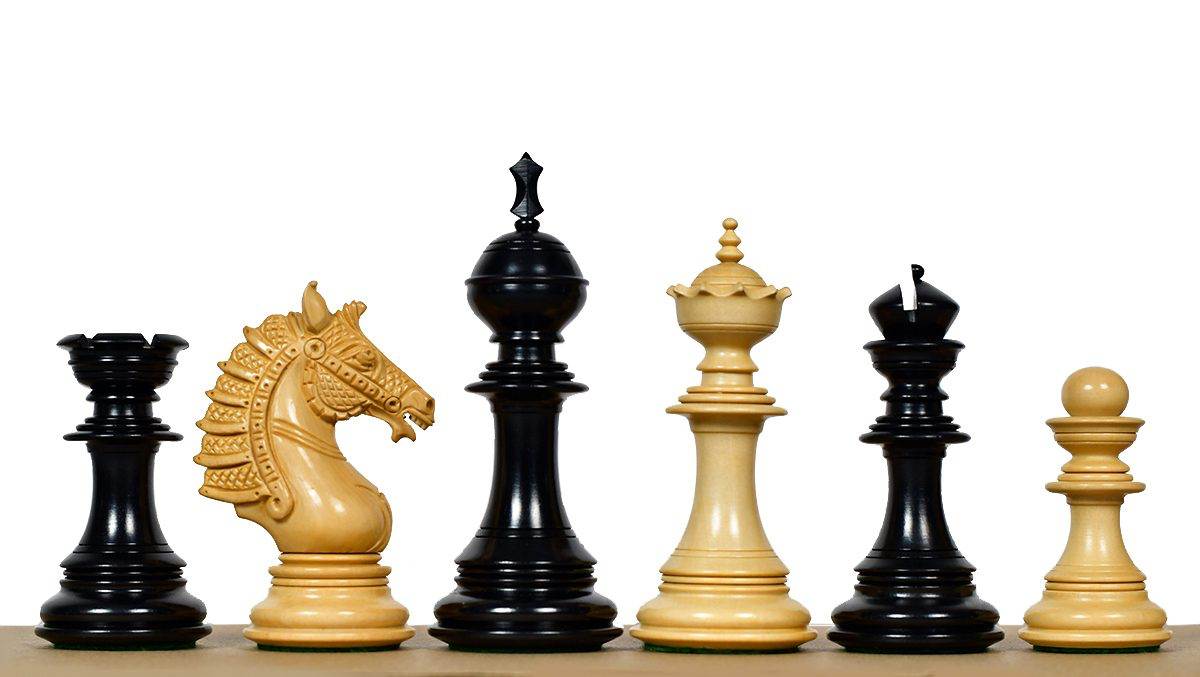

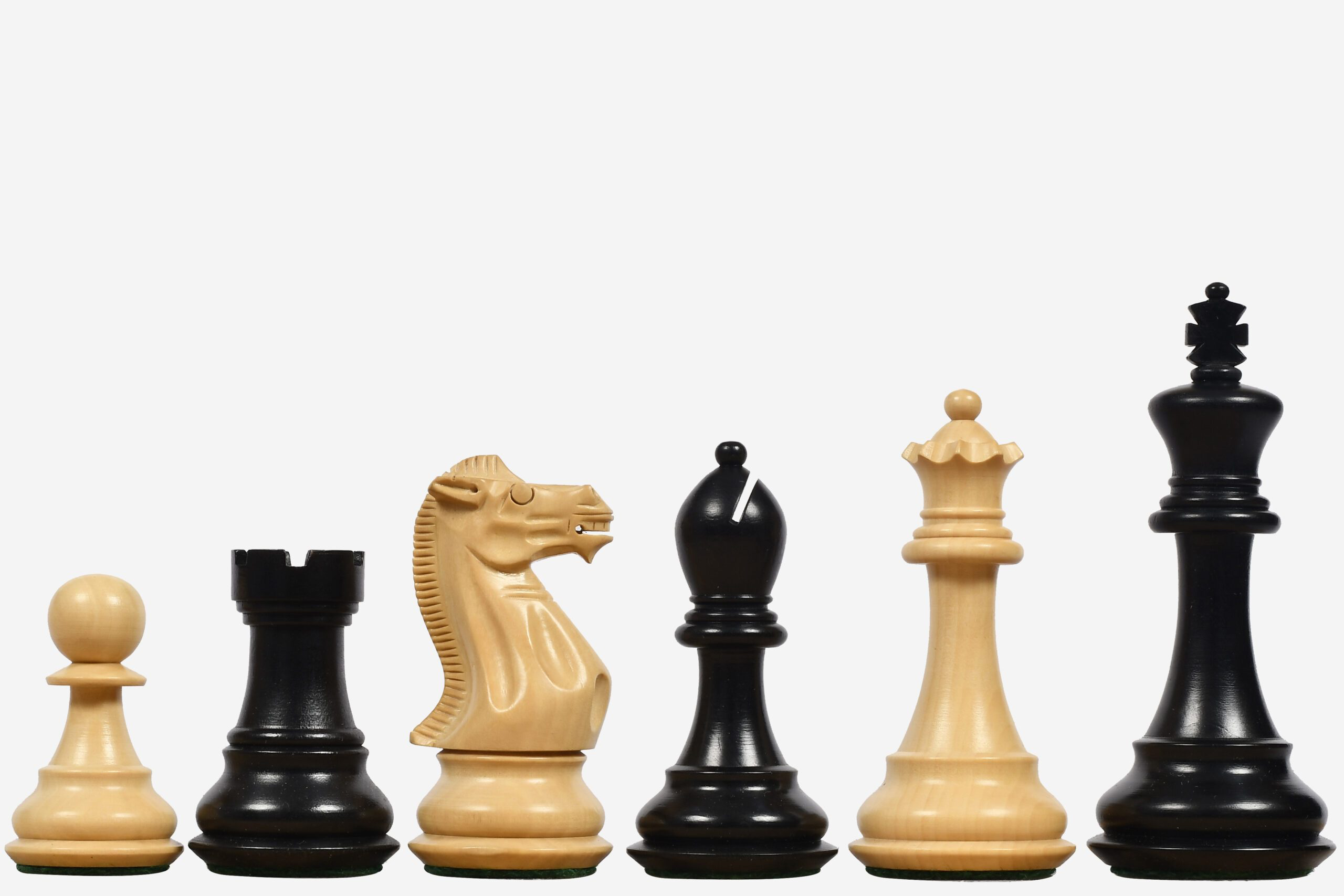
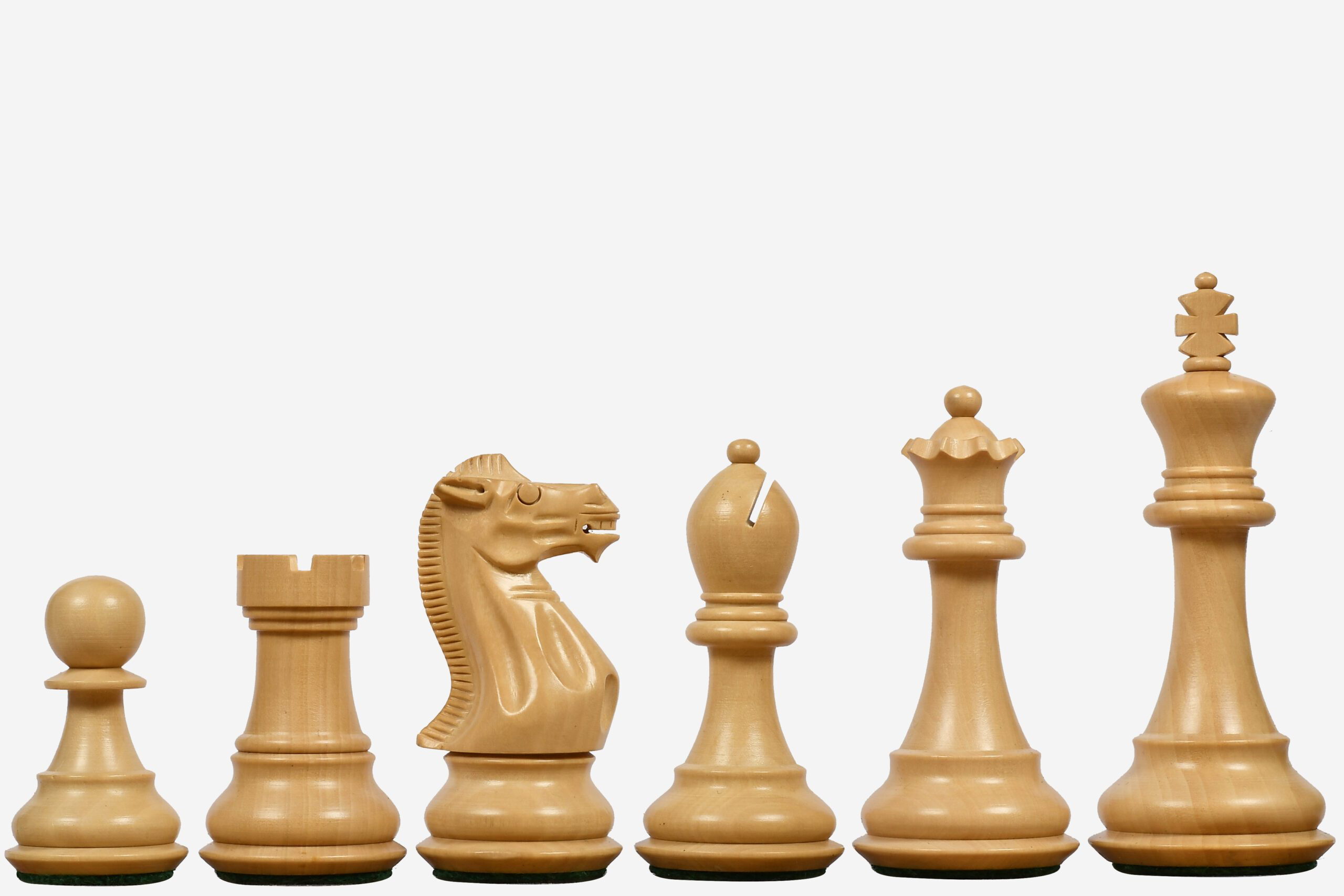


Leave a comment
All comments are moderated before being published.
This site is protected by hCaptcha and the hCaptcha Privacy Policy and Terms of Service apply.